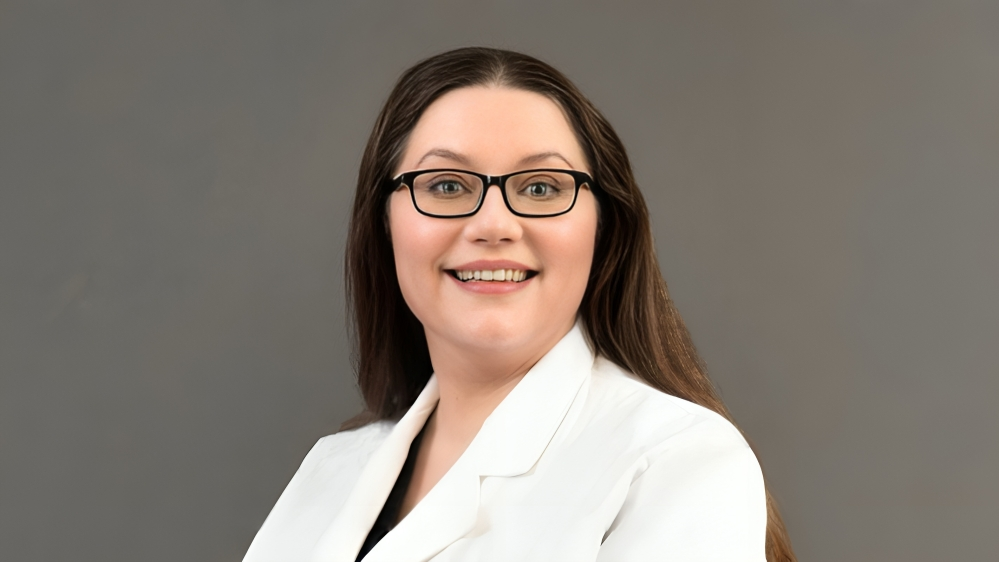
Caitlin Raymond on Kairos in Medicine: How Curiosity Sustains Physicians and Prevents Burnout
Caitlin Raymond, a board-certified Clinical Pathologist and current Transfusion Medicine Fellow at the National Institutes of Health, shared on LinkedIn:
“After years of wellness talks — resilience workshops, mindfulness modules, burnout checklists — I’ve started to piece together my own framework for how we actually sustain ourselves in medicine.
It began one evening after our move, sitting on the porch with my husband. The air was perfect, the birds were singing, nothing urgent to do. Just being.
That was kairos time: unlike chronos — the calendar and the deadlines — kairos is time outside of time, the opportune moment, the pause that feels like a gift. You can’t command it, but you can invite it.
Here’s the shape my theory is taking:
Curiosity is the canary in the coal mine. It’s the first thing to disappear when burnout creeps in, and its presence tells me how I’m really doing.
Mindfulness is just the ability to remain curious while uncomfortable. Not sterile calm, but staying open under pressure.
Kairos is the gift. Those unplanned, timeless moments restore me when I leave space for them.
Food is spiritual. Eating with curiosity turns meals into memory, community, and connection.
Wellness, then, isn’t about perfection or adding one more habit to an already full day. It’s about staying curious, slowing down enough to invite kairos, and receiving those timeless gifts when they arrive.
That evening on the porch was kairos. So is watching my cats melt into a sunbeam. These moments can’t be forced, but when they come, they restore me.
Curiosity is the path into kairos. And kairos is where curiosity learns to breathe.”
More posts featured in Hemostasis Today.
-
Feb 1, 2026, 13:32Shiny K. Kajal: A Series On Reaching the Diagnosis of Immune Thrombocytopenia
-
Feb 1, 2026, 13:26Mary Cushman: Association of Atrial Fibrillation with Risk of Incident Cognitive Impairment
-
Feb 1, 2026, 13:23Abdulrahman Katib: Extended Low-Dose DOAC May Reduce VTE Recurrence
-
Feb 1, 2026, 13:22Jeff June: The Stroke That Wasn’t New – Why ‘Cryptogenic’ Often Means Undetected
-
Feb 1, 2026, 13:11Panagiotis Doukas: Plasma Desmosine as a Biomarker of Increased Proteolytic Activity in the Aortic Wall
-
Feb 1, 2026, 12:54Pierpaolo Di Micco: Starting a New Era for Anticoagulant Treatments
-
Feb 1, 2026, 12:16Erwin Loh: Immunotherapy Reduces Plaque in Arteries of Mice
-
Feb 1, 2026, 12:06Ney Carter Borges: The Central Role of Endothelial Dysfunction in Cardiovascular Disease Progression
-
Feb 1, 2026, 12:05Causes of Anemia – A Quick Overview From Mahnoor Shah

